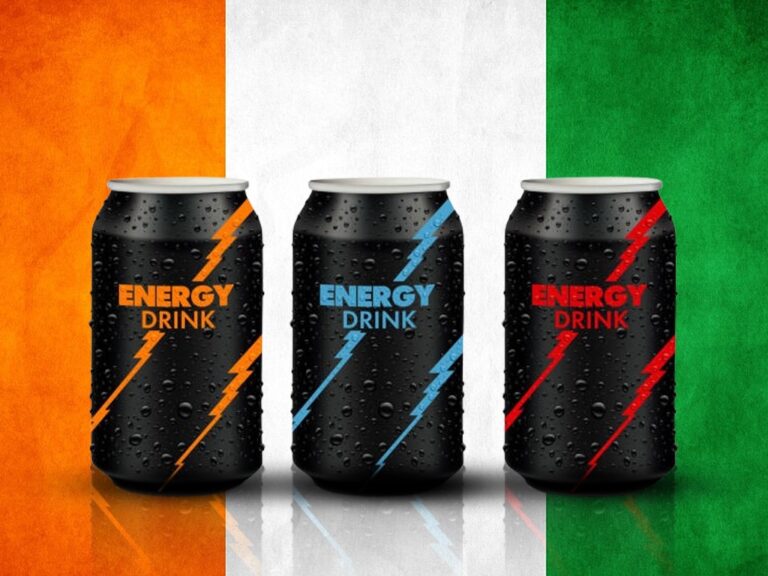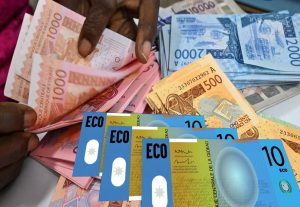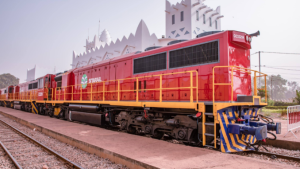Côte d’Ivoire: Is the ban on alcoholic energy drinks a sham to hide unfair competition?

In Côte d’Ivoire, the recent ban on alcoholic energy drinks has sparked a wave of questions and skepticism. Officially, these beverages are criticized for posing a public health risk, but what exactly is the concern? Is it the alcohol content, the energizing effects, or the potential combination with other harmful substances? Understanding the real issues at stake is crucial.
The central issue appears to be the association of these drinks with substances like Tramadol, a powerful analgesic known for its severe side effects when abused.
The harmful effects of mixing Tramadol with alcoholic energy drinks—or any other alcohol such as wine, beer, or whisky—are well-documented.
However, while the ban targets alcoholic energy drinks, Tramadol remains readily available, raising questions about the consistency of public health policies.
This discrepancy suggests possible hidden motives behind the ban. Could there be commercial interests at play, with some companies pressuring for the removal of a market competitor under the guise of health protection?
Both consumers and industry stakeholders are questioning the true rationale behind this policy, which appears to disproportionately affect those involved in the alcoholic energy drink market.
Rather than targeting a specific product category, a more effective approach would be to launch a public awareness campaign focused on the dangers of combining these beverages with substances like Tramadol.
Prioritizing the regulation of Tramadol, which poses a greater risk than the energy drinks themselves, could better protect consumers and ensure fair market competition.
Sherif TOURE












